Living with heart failure can make the smallest daily tasks feel overwhelming. You may get too exhausted or short of breath to stand in the kitchen and make a meal—or even to walk across a room without needing to sit down.
It’s a serious condition that can strip away your ability to work and earn a steady income.
If your heart can no longer keep up with the physical demands of working life, you may be eligible for financial assistance from Social Security Disability benefits.
But as with many medical conditions, getting approved for benefits is tough.
At Mathis & Mathis Disability Advocates, we help people in Washington, D.C., Baltimore, Alexandria and throughout Virginia, Maryland, West Virginia, Delaware, and Pennsylvania pursue the support they need when heart disease turns their world upside down.
We’ve helped thousands of people with serious heart problems win benefits.
Social Security Disability Is All We Do.
Read on for more about how to build a strong claim for disability benefits for heart failure.
Read more »



 back
back







